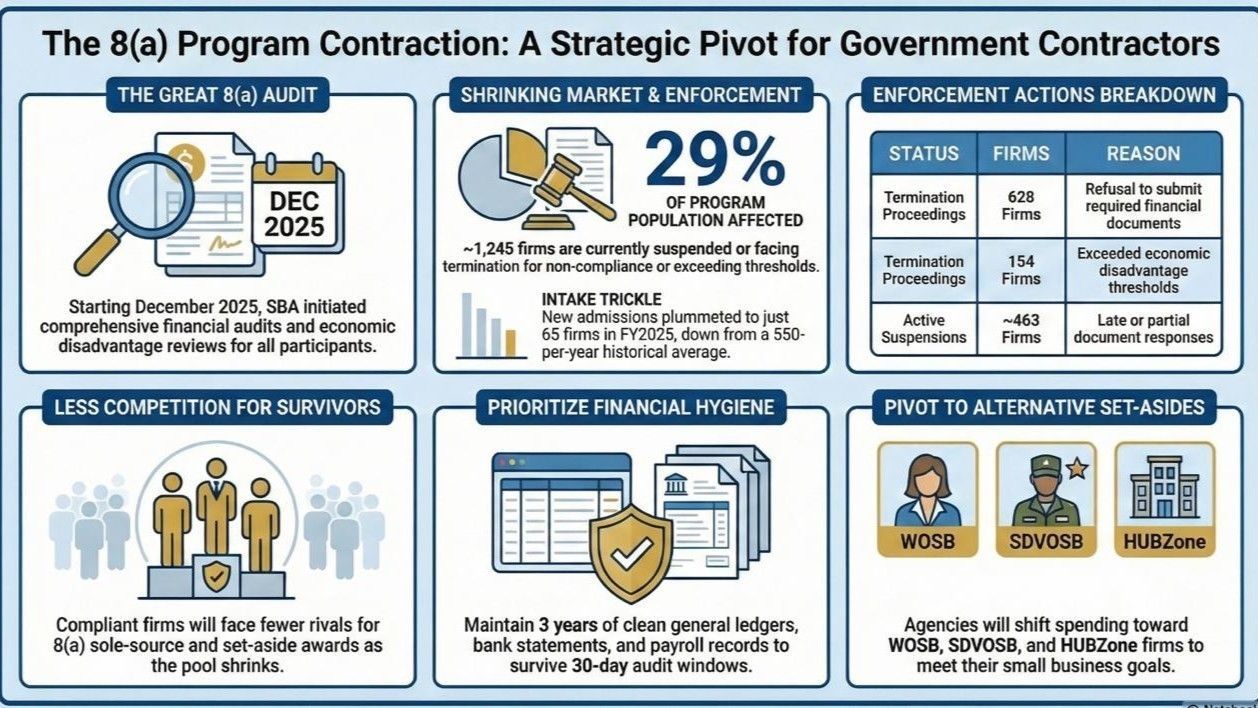The Future of Accounting Technology is Here. Are You Prepared?
Rose Report: Issue 36
 Accounting technology is evolving at the speed of light and it’s having a profound impact on how businesses are positioning themselves for the future. Not so long ago, terms such as artificial intelligence (AI) and machine learning (ML) seemed like futuristic goals. However, the future of accounting technology is here, and in order harness the benefits it has to offer, you need to have the processes in place.
Accounting technology is evolving at the speed of light and it’s having a profound impact on how businesses are positioning themselves for the future. Not so long ago, terms such as artificial intelligence (AI) and machine learning (ML) seemed like futuristic goals. However, the future of accounting technology is here, and in order harness the benefits it has to offer, you need to have the processes in place. What is Machine Learning?
ML is a current application of AI. According to Techopedia,
“Machine learning facilitates the continuous advancement of computing through exposure to new scenarios, testing and adaptation, while employing pattern and trend detection for improved decisions in subsequent (though not identical) situations.” Simply put, technology doesn’t just collect information, it learns from the data it collects.Transforming Data into Business Insight
In today’s information-driven world, data is everywhere. However, data offers little insight unless it is organized and stored in a format that allows it to be used efficiently. For companies to utilize AI and ML, they will need an effective finance and accounting system that structures and indexes data that can be converted into meaningful information. Accounting technology is rapidly moving towards automating and standardizing processes, and companies that haven’t made the investment in these processes will be behind the curve. Automated workflow technology involves structuring finance and accounting data and its underlying meta data—all while eliminating tedious processes, improving efficiency, limiting risks and reducing human error. Structured accounting and finance data is an evolutionary process: when structured data accumulates into financial information, it becomes exponential and creates new and novel information. With automated processes in place, AI and ML will be able to code, route and analyze information, highlight trends, and help companies make business decisions based on trends and goals.
The Impact While AI and ML are powerful business tools, they still require human power. Many of the advantages that some countries have gained due to low cost labor will evaporate as automation eliminates low value repetitive tasks and requires highly trained professionals to focus on data analysis, process improvement and strategic initiatives. While the full benefit of AI and ML may take years to come to fruition, companies that want to head down a path of becoming an industry leader will need to build an infrastructure that is able to benefit from the promise of AI and ML.>
Share this article:
Visit Us On:




